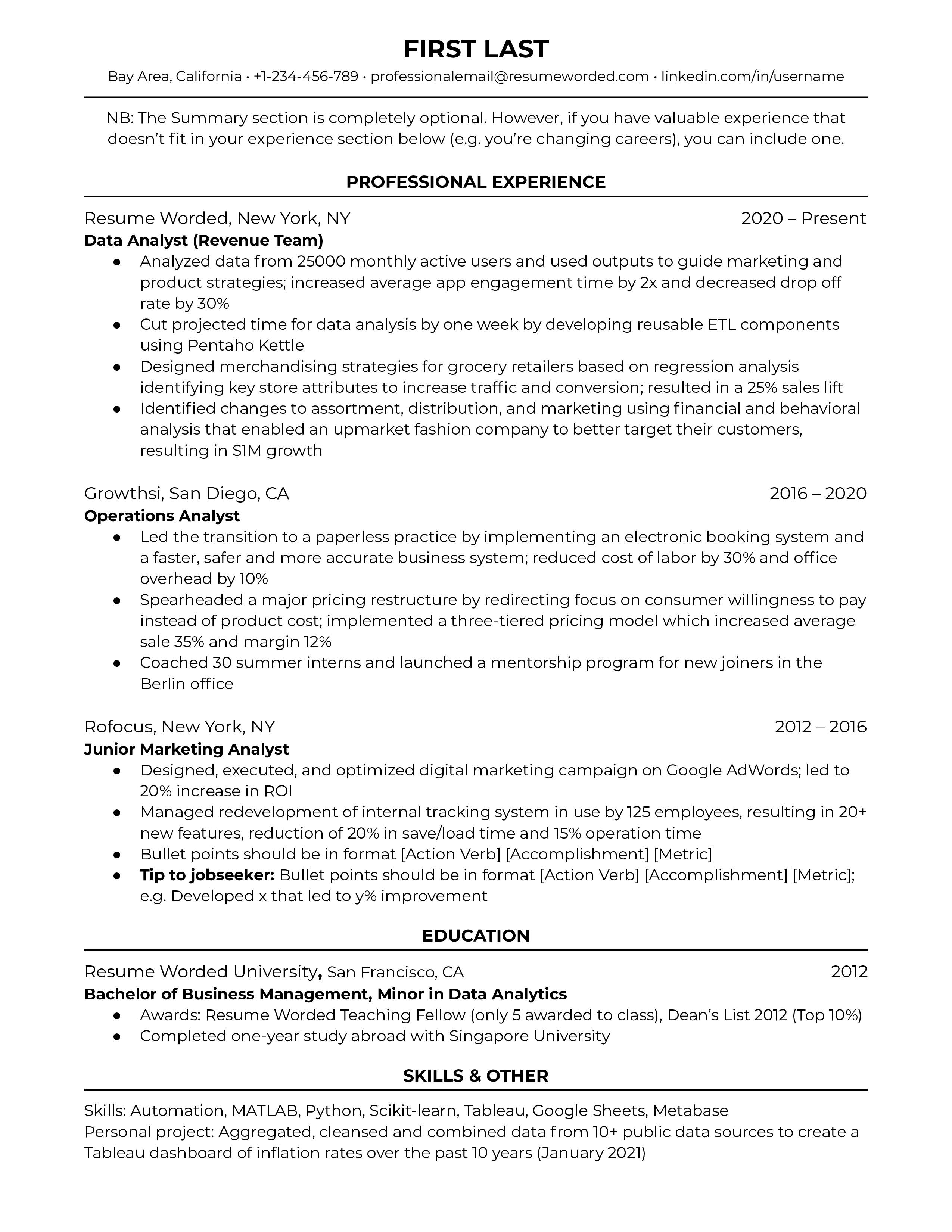Landing your dream role as a data analyst in today’s competitive job market requires more than just excellent analytical skills. It demands a compelling curriculum vitae that truly showcases your expertise, projects, and potential to prospective employers. Your CV isn’t just a document; it’s your first impression, a critical marketing tool that can open doors to exciting opportunities.
This guide will walk you through creating an outstanding CV that highlights your unique qualifications, ensuring you stand out from the crowd and capture the attention of hiring managers in the data field. We’ll explore key sections and best practices to help you articulate your value effectively.
Crafting the Core Sections of Your Data Analyst CV
Building a powerful CV begins with structuring it logically, ensuring every piece of information contributes to a clear, impactful narrative about your professional capabilities. Your CV should ideally include a contact information section, a professional summary or objective, a comprehensive skills section, detailed work experience, and educational background. For data professionals, adding a dedicated projects section can be incredibly beneficial, as it allows you to demonstrate practical application of your skills beyond traditional work experience.
The professional summary is your elevator pitch at the top of the page. It should be a concise paragraph, 3-5 sentences long, that immediately tells the recruiter who you are, what you specialize in, and what value you bring. For a data analyst, this might highlight your proficiency in specific tools, your experience with large datasets, and your ability to translate complex data into actionable insights. Avoid generic phrases and instead focus on quantifiable achievements and key strengths relevant to the data analysis domain.
Your skills section is paramount, as recruiters often scan this part first to ensure you possess the necessary technical proficiencies. Divide your skills into categories like “Technical Skills” and “Soft Skills.” Be specific about the programming languages, software, and databases you’re proficient in. For instance, rather than just “data analysis tools,” list “Python (Pandas, NumPy, Scikit-learn), SQL, R, Tableau, Power BI, Excel.” Don’t forget soft skills like problem-solving, critical thinking, communication, and teamwork, as these are crucial for effective collaboration in data teams.

Highlighting Your Analytical Projects
When detailing your work experience or dedicated project section, focus on outcomes and impact rather than just listing responsibilities. Use action verbs and quantify your achievements whenever possible. For example, instead of “Analyzed sales data,” write “Developed a predictive model that improved sales forecasting accuracy by 15%, leading to a 5% increase in quarterly revenue.” If you have personal projects or academic work, describe them in detail, including the problem you solved, the methodologies you used, the tools you employed, and the results you achieved. This practical demonstration of your abilities can significantly strengthen your cv template for data analyst.
Optimizing Your CV for Maximum Impact
Beyond the core content, several strategic considerations can elevate your data analyst CV from good to exceptional. One crucial aspect is tailoring your CV for each specific job application. Generic CVs rarely capture a recruiter’s full attention. Take the time to carefully read the job description and identify the key skills, tools, and experiences the employer is seeking. Then, subtly weave these keywords and phrases into your professional summary, skills section, and experience descriptions. This not only shows you’ve done your homework but also helps your CV pass through Applicant Tracking Systems (ATS) that many companies use to filter applications.
Quantifying your achievements is perhaps the most powerful way to make your CV stand out. Numbers speak volumes and provide concrete evidence of your impact. Think about how you can measure the results of your work. Did you reduce costs by a certain percentage? Did you increase efficiency? Did your analysis lead to a specific improvement in a business metric? Even for less direct contributions, try to frame them in terms of time saved, accuracy improved, or decisions influenced. This numerical evidence transforms vague statements into compelling narratives of success.
The overall presentation and formatting of your CV also play a significant role. Keep it clean, professional, and easy to read. Use a consistent font and formatting throughout the document. Avoid cluttered layouts and excessive graphics. While creativity can be good, readability should always take precedence, especially for data-heavy roles. Ensure there’s ample white space, clear headings, and bullet points to break up text, allowing recruiters to quickly scan for relevant information.
Finally, proofreading is non-negotiable. A single typo or grammatical error can undermine your professionalism and attention to detail, qualities that are highly valued in data analysis. Read your CV aloud, or better yet, ask a trusted friend or mentor to review it for any errors. A polished, error-free document reflects well on your meticulousness, a key trait for any aspiring data professional.
Crafting a compelling CV is an investment in your career, showcasing not just your past accomplishments but your future potential. By meticulously detailing your skills, quantifying your achievements, and presenting your profile professionally, you significantly enhance your chances of securing those coveted interviews. Remember, your CV is your personal marketing tool; make it a powerful one that accurately reflects your expertise and passion for data.
